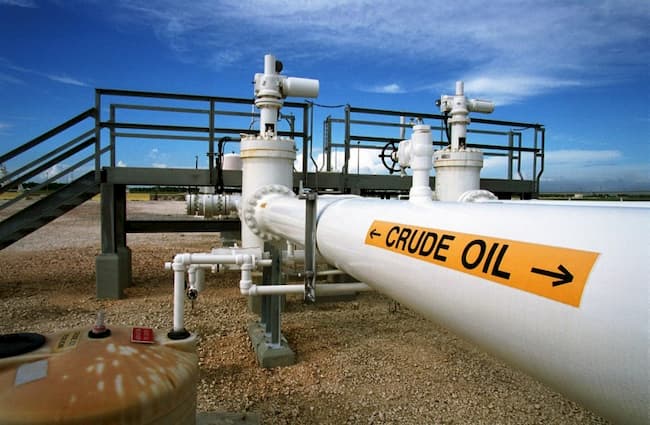Representatives of major oil-producing companies in the country as well as players in the industry have faulted certain provisions in the Petroleum Industry Bill (PIB) 2020.
They expressed their concerns on the first day of the two-day public hearing which is part of the process of passing the bill.
The House of Representatives has also scheduled a public hearing on the bill during the week.
The legislation was transmitted to the National Assembly last year after it had suffered setbacks for about 20 years.
The bill suggested that the Nigerian National Petroleum Corporation (NNPC) and the Petroleum Product Pricing Regulatory Agency (PPPRA) should be scrapped.
It also proposed the creation of the Nigerian National Petroleum Company Limited – after all the assets and liabilities of the NNPC have been identified by the ministers of petroleum resources and finance.
The PIB also seeks to establish the Nigerian Upstream Regulatory Commission and the Nigerian Midstream and Downstream Petroleum Regulatory Authority.
At the hearing organised by the Joint Committee on Petroleum Upstream, Downstream and Gas, the Oil Producing Trade Section (OPTS), which represented the oil majors expressed dissatisfaction with some provisions of the bill.
The Chairman of OPTS, Mike Sangster, spoke on behalf of Total, Chevron, Exxon Mobil, and Shell companies.
According to him, deepwater developments had contributed significantly to sustaining Nigeria’s oil production levels by offsetting the decline in Joint Venture production.
Sangster however complained that the PIB showed that the deepwater provisions did not provide a favourable environment for future investments and for the launching of new projects.
READ ALSO: Malabu Scandal: Documents From JPMorgan To Be Admitted In Court
In his opening remarks, the President of the Senate, Dr. Ahmad Lawan, said that any further delay in the passage of the Petroleum Industry Bill (PIB) would result in economic losses for Nigeria.
Lawan noted that the non-passage of the PIB has been a major drag on the industry over the years, significantly limiting its ability to attract both local and foreign capital at a time when many other countries are scrambling to exploit their oil and gas resources.
He explained that the rationale behind the Bill’s passage is driven by the need to overhaul a system that has refused to operate optimally in line with global standards, resulting in loss of continental competitiveness
and good governance and economic loss for the petroleum industry and the country.













